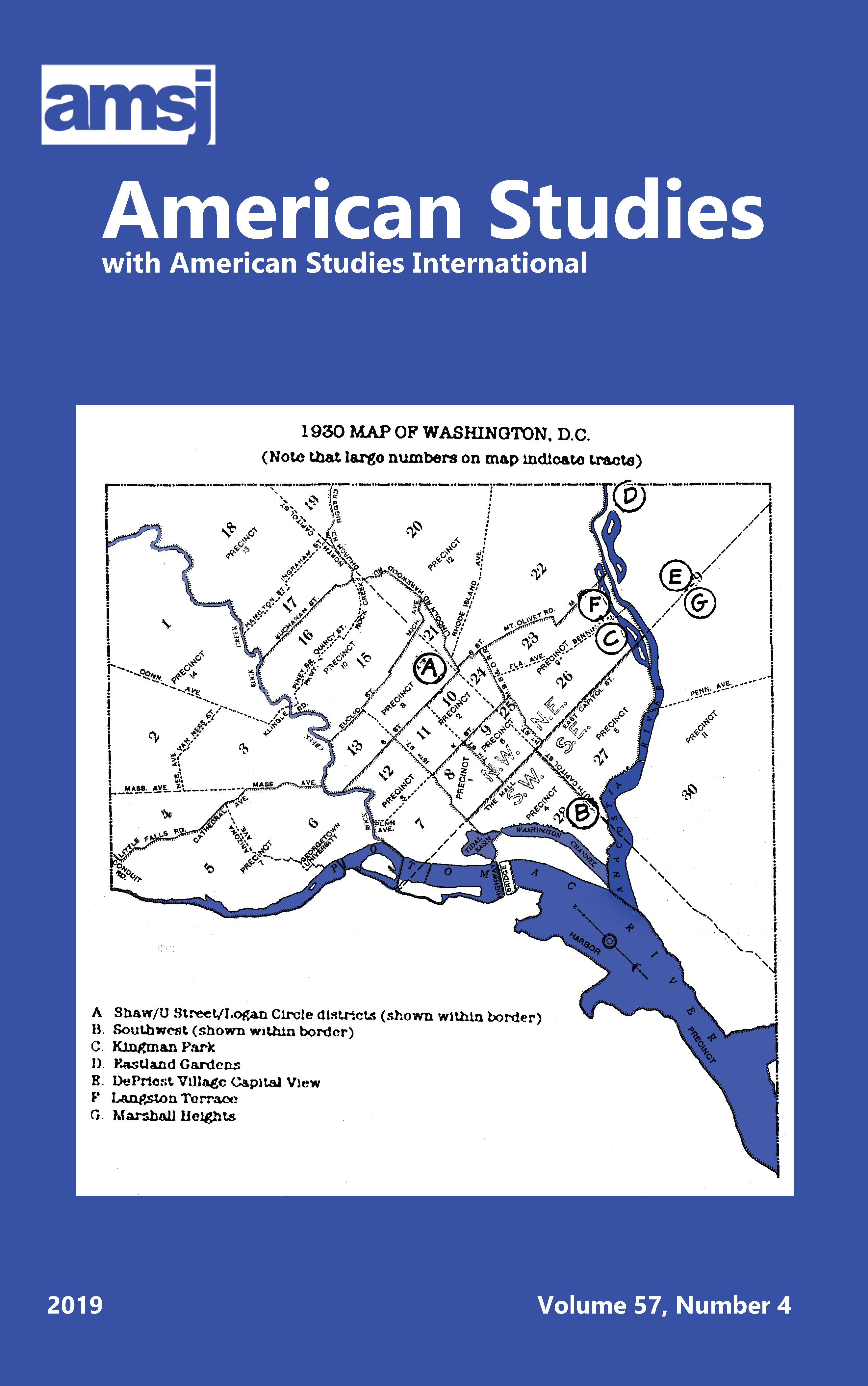Abstract
This essay explores how poverty affected southerners’ experience of temporality in the 1930s. Two texts, Let Us Now Praise Famous Men by James Agee and Walker Evans and “Long Black Song” by Richard Wright, represent the incongruous presence of clocks as signifiers for modern temporality in the homes and everyday lives of poor southerners. The superfluous clocks illustrate that the poor southerners continue to follow cyclical time, the measurement of time according to natural patterns, rather than following linear time, the measurement of time in hours and minutes, which was normative in modern America by 1930. This divergent perception of temporality marks the comparative developmental delay between the regions, and it works along several other indicators of poverty to other the South. Johannes Fabian’s theory of time and the other provides a framework for conceptualizing the way writers use allochronic discourse to depict the southerners as experiencing an alternate form of temporality. The texts themselves, however, illustrate that the southerners’ poverty is constituent with modernity, which means that they are experiencing the same temporality as other modern Americans. They are poor because of modernity, not in spite of modernity. The poor southerners’ lack of a need for timepieces, meanwhile, demonstrates the commercial materiality of time. Although the poor southerners do not need clocks, they have a desire for them as commodity fetishes. Their marginal position within the economic structure means that even though they do not use linear temporality, it defines their existence.
All items © Mid-America American Studies Association
Authors: If you prefer to remove your text(s) from this database please contact the editor.

